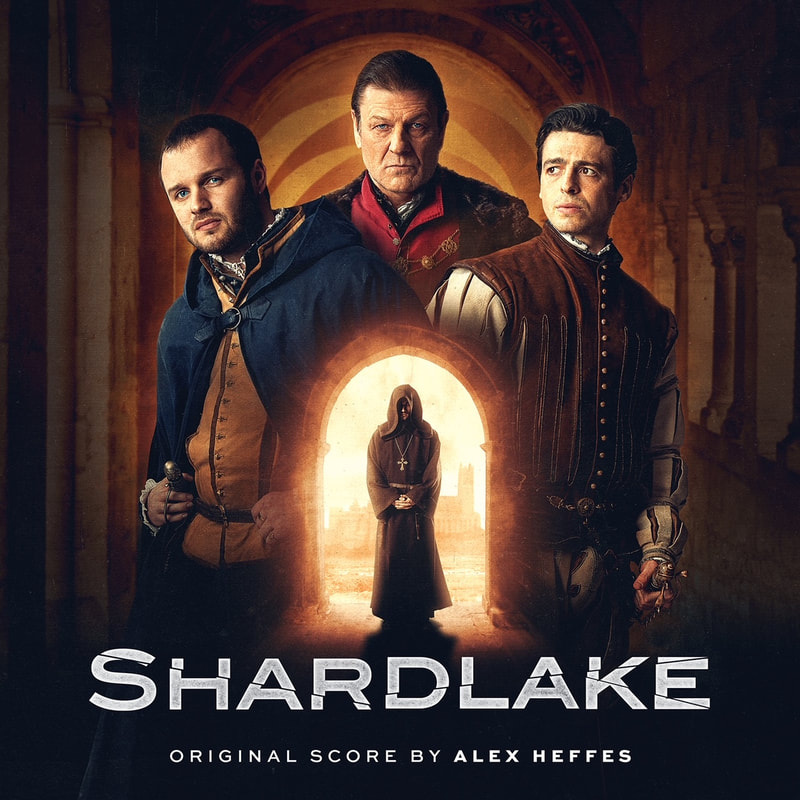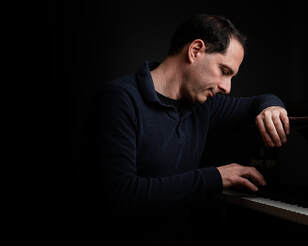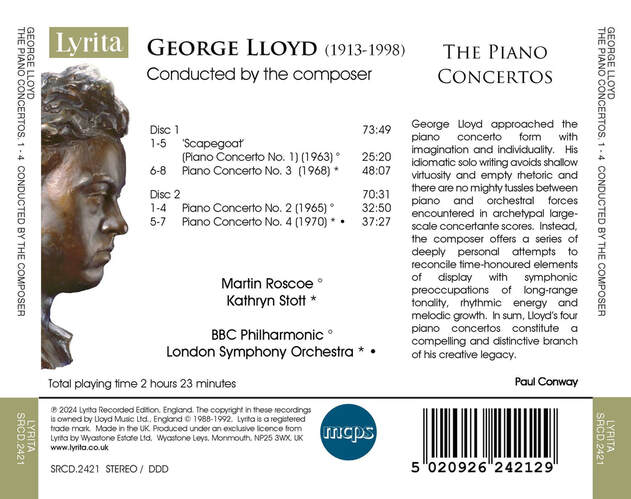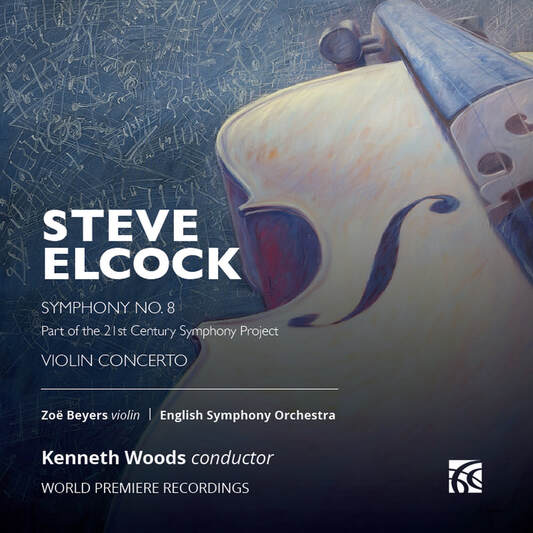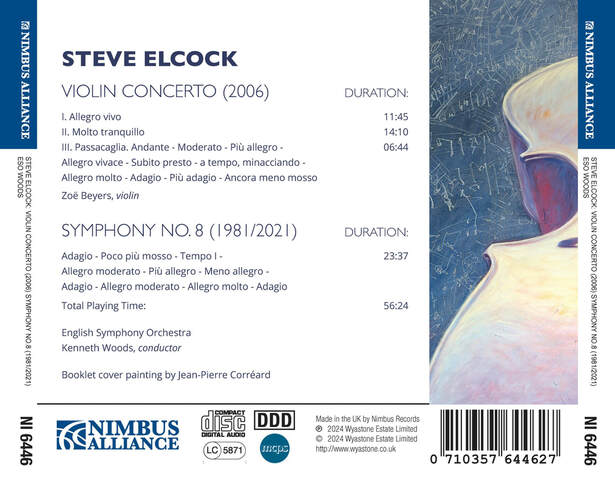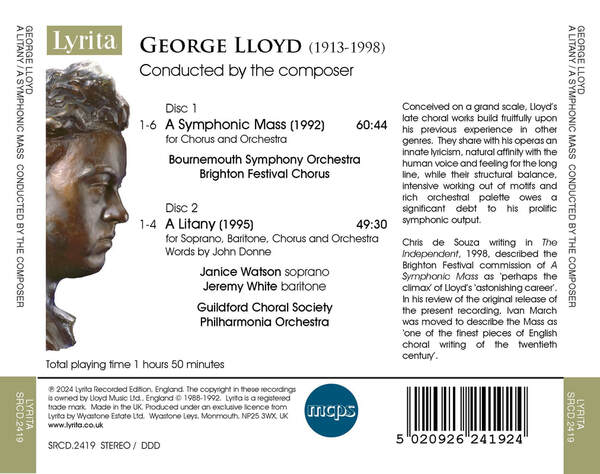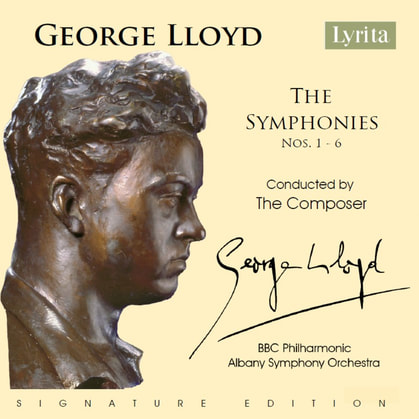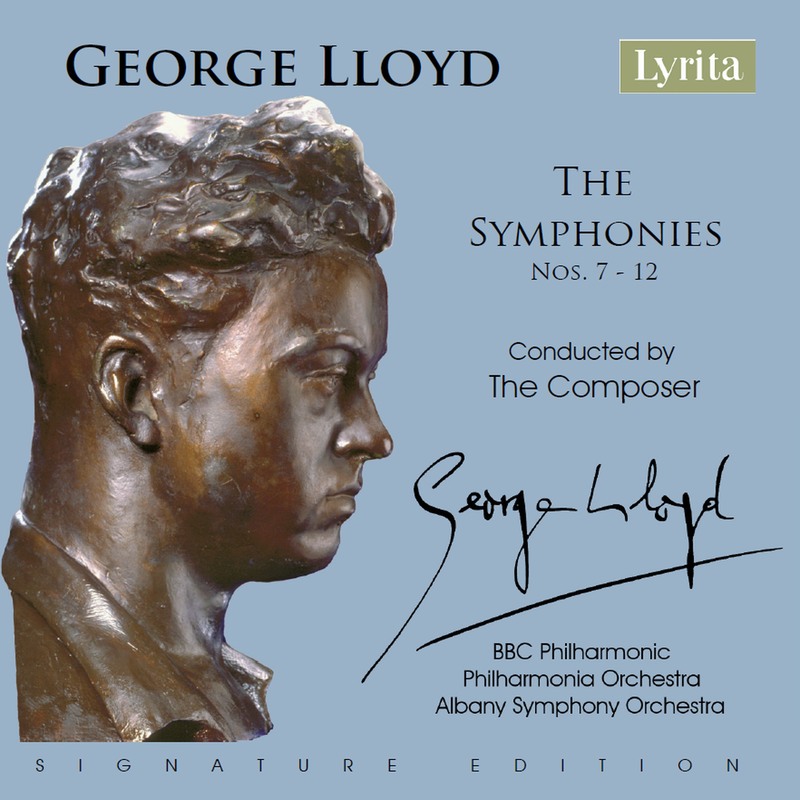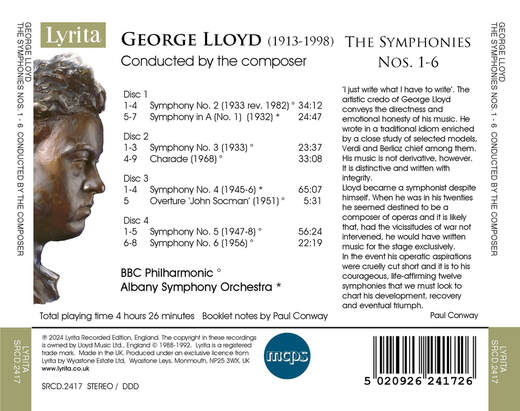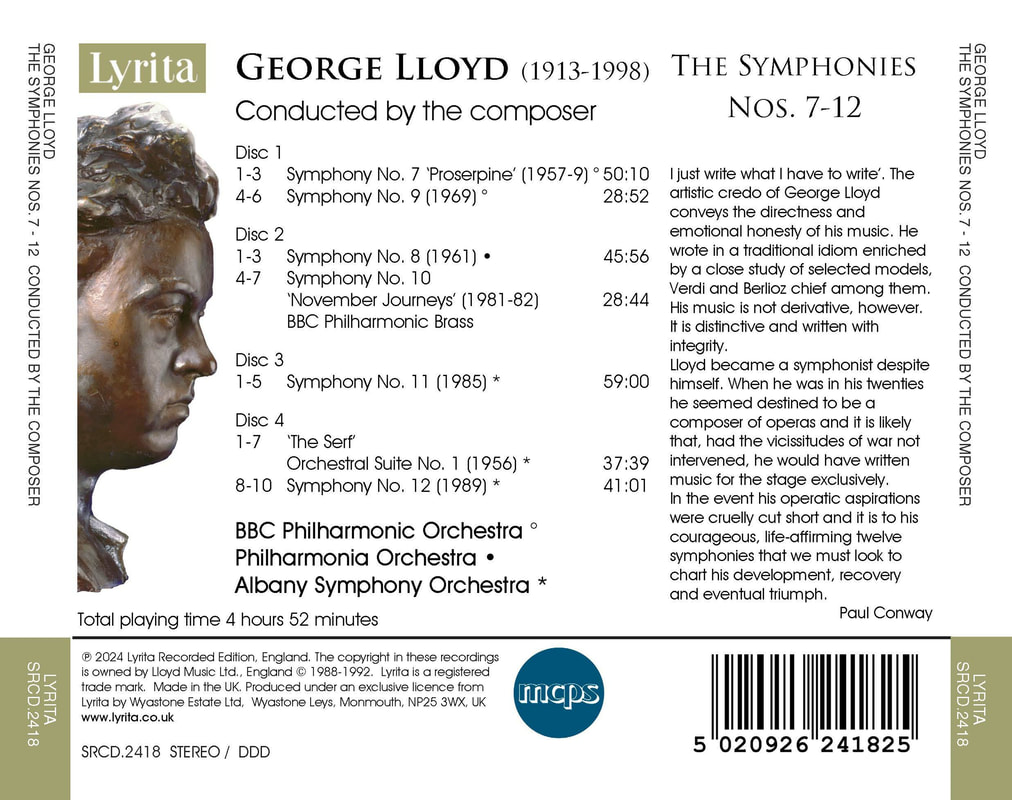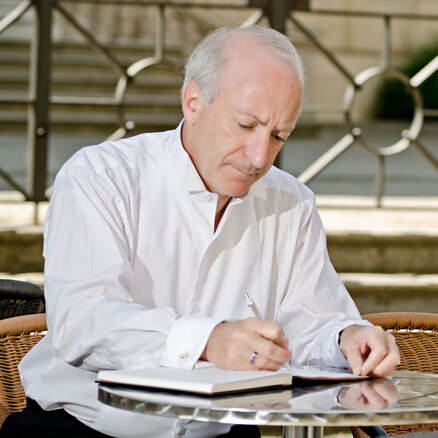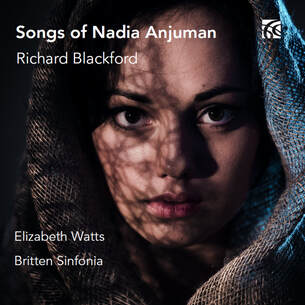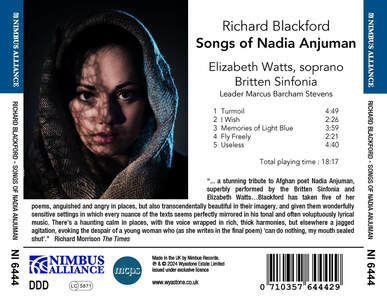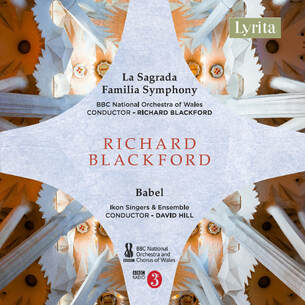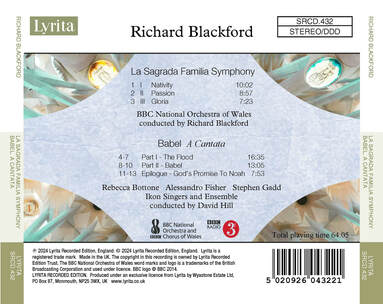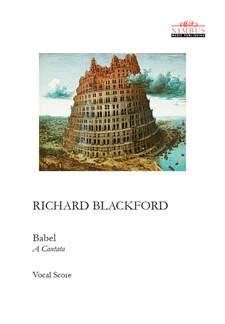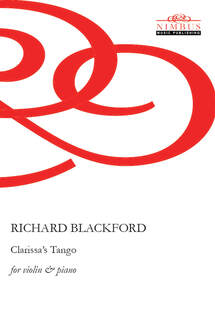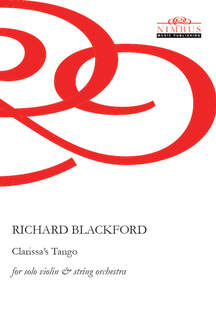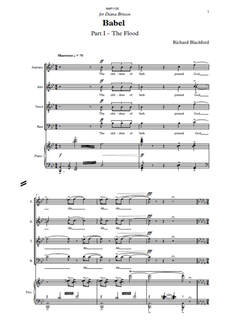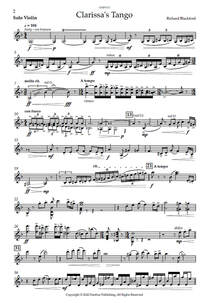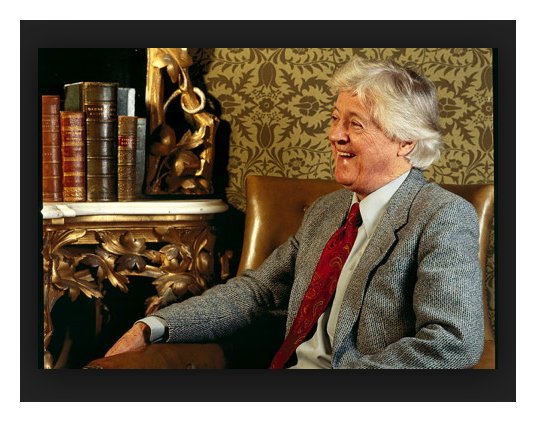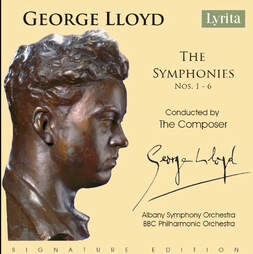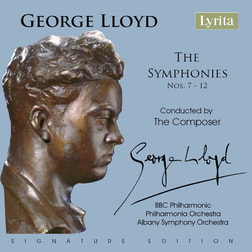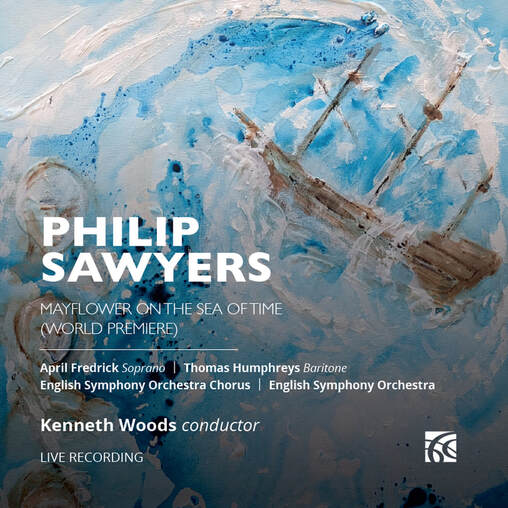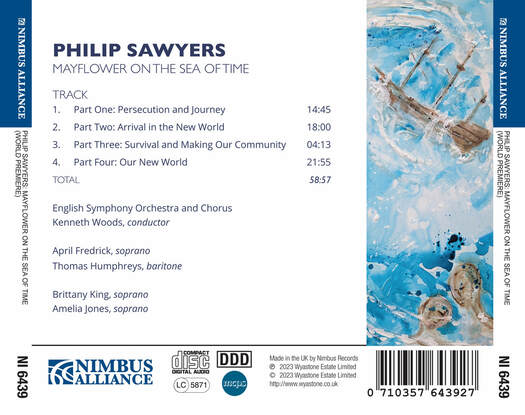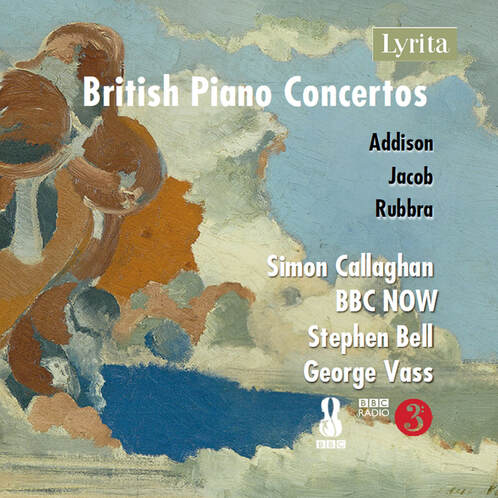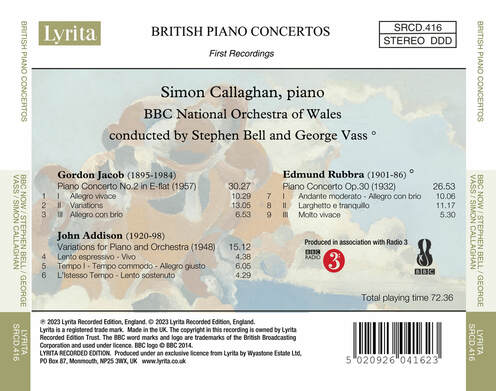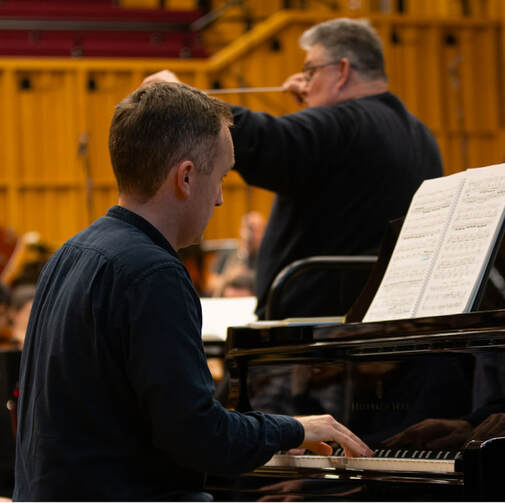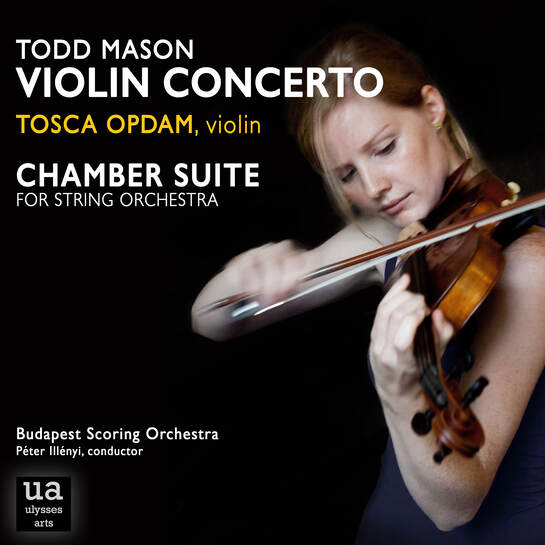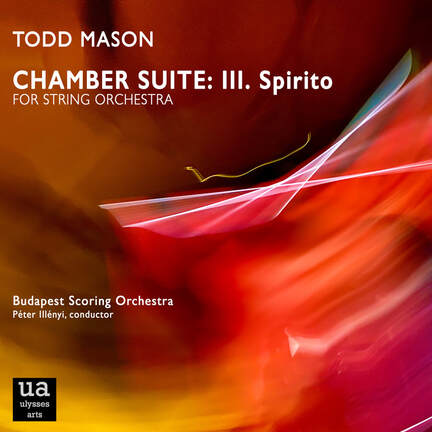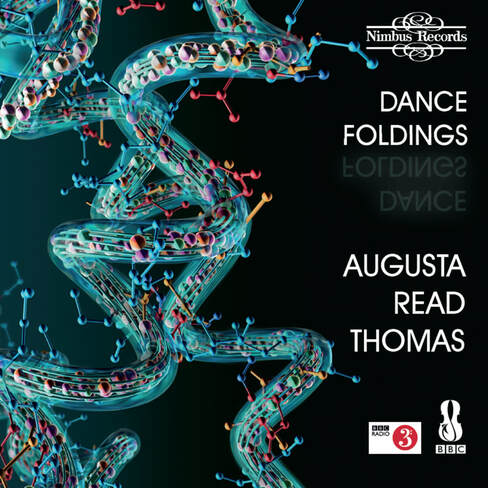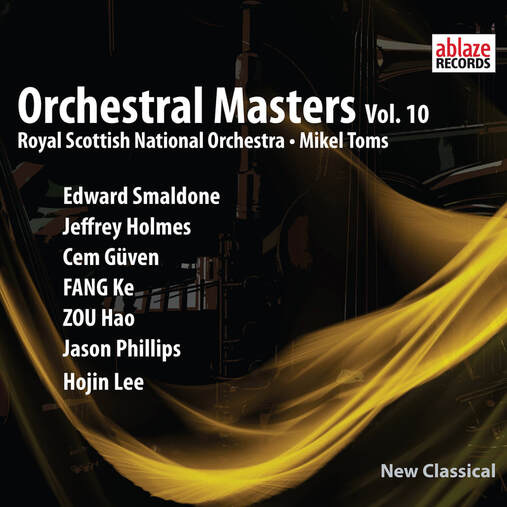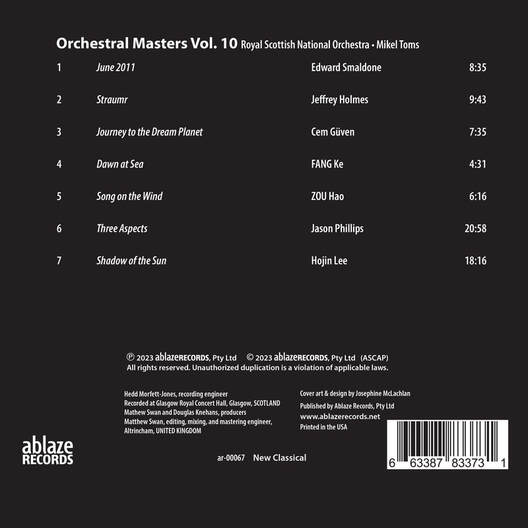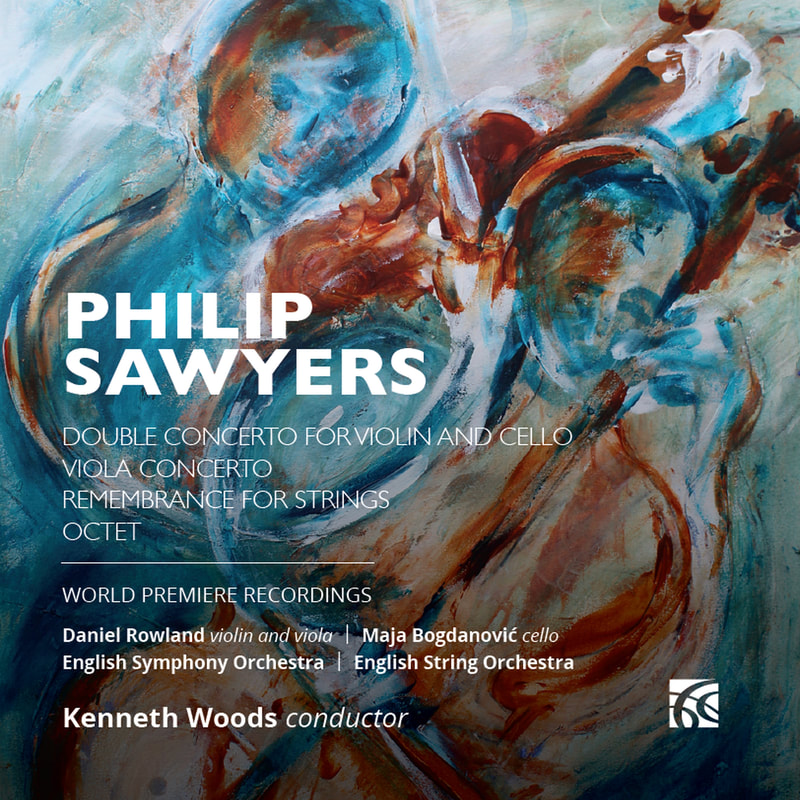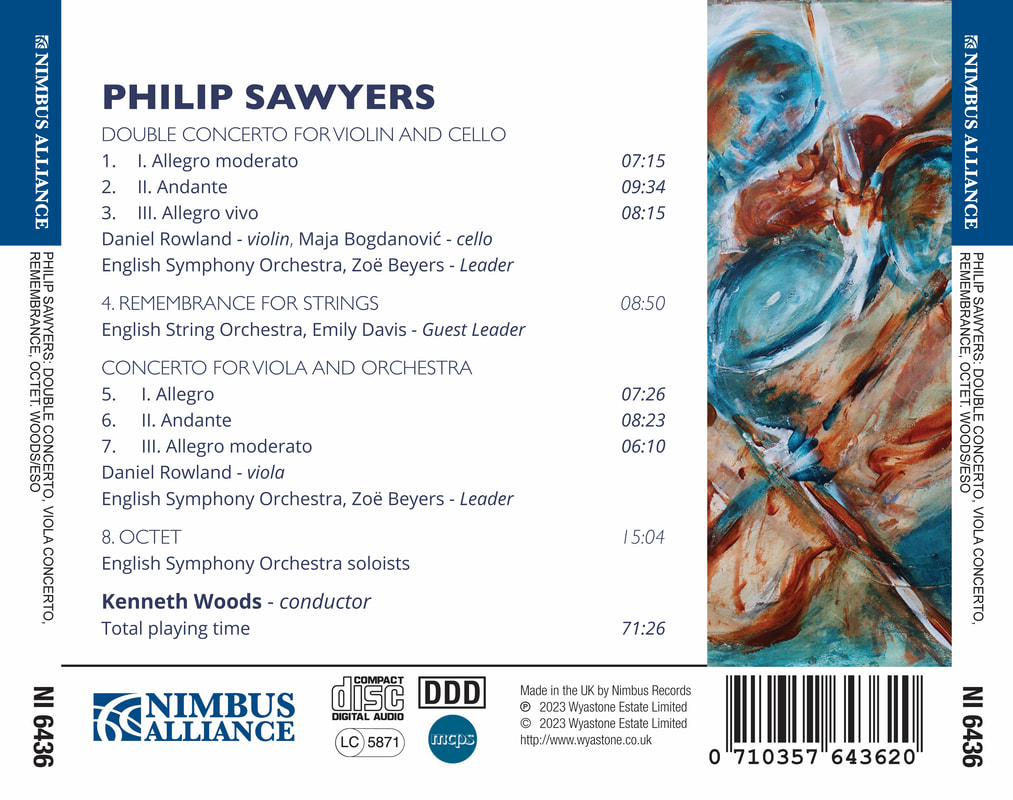
The solo instrument’s poetic qualities are to the fore in music of supplicatory spirit. In a couple of ear-catching passages, the soloist’s scrunchy, dissonant chords have the raspy nostalgia of a squeeze box. Lloyd completed his 'Cello Concerto in July 1997, a year before his death at the age of 85 and in this autumnal piece, one can discern a wistful, valedictory quality, with feelings of sorrow and regret surfacing repeatedly. The solo instrument’s inherently lyrical aspect is suited to the composer’s expressive needs, and the one-movement format allows the musical narrative to ebb and flow naturally so that this work has a strong claim to be regarded as Lloyd’s most formally successful concertante piece. A small orchestra is required, consisting of double woodwind, three horns, modest percussion (for one player) and strings.' © Paul Conway
'These two works were recorded during the week before George Lloyd died on July 3, 1998. He was supposed to conduct these performances, but David Parry stepped in at the last minute with the wonderful Romanian violinist Cristina Anghelescu and members of the Philharmonia Orchestra to complete the project. The recording was made in Henry Wood Hall. George was even too ill to attend the sessions, but he was making suggestions as to the best placement of the players to achieve just the recorded sound he wanted 48 hours before his death. This beautiful recording is a fine and lasting memorial to this composer whose music brings such passionate joy to so many music lovers all over the world.' Presto Classical






